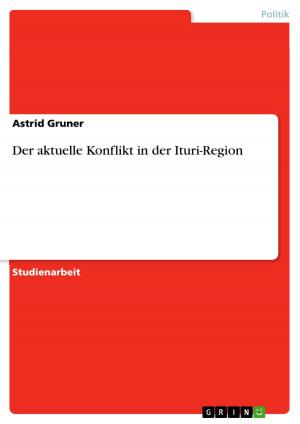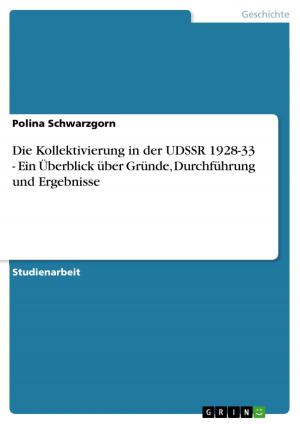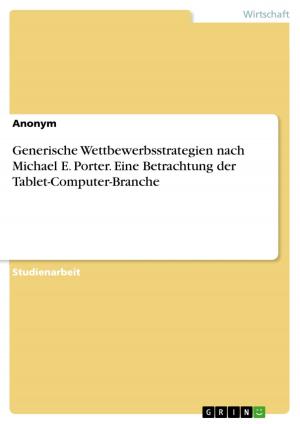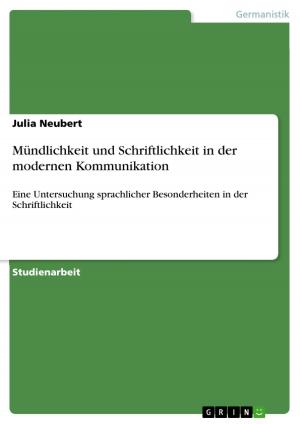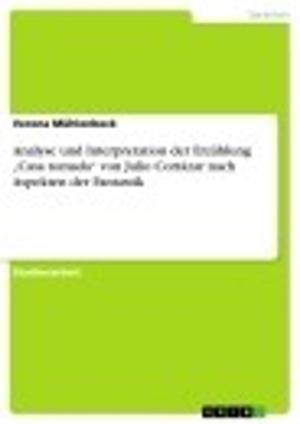Rules of origin in the WTO and in other free trade agreements - An overwiew
An overwiew
Nonfiction, Reference & Language, Law, International| Author: | Jord Hollenberg | ISBN: | 9783638393706 |
| Publisher: | GRIN Verlag | Publication: | July 6, 2005 |
| Imprint: | GRIN Verlag | Language: | English |
| Author: | Jord Hollenberg |
| ISBN: | 9783638393706 |
| Publisher: | GRIN Verlag |
| Publication: | July 6, 2005 |
| Imprint: | GRIN Verlag |
| Language: | English |
Seminar paper from the year 2003 in the subject Law - Comparative Legal Systems, Comparative Law, grade: A-; 16 Punkte, Suffolk University Law School (International Law), course: International Trade Regulations, 18 entries in the bibliography, language: English, abstract: One of the main objectives of rules of origin should be uniformity and simplicity in their administration. Although this is not always true, developing and developed countries have undertaken the task towards simplification, harmonization and liberalization of rules of origin. This harmonization work has been carried out under the auspices of the Committee on Rules of Origin (CRO) of the World Trade Organization (WTO) and the Technical Committee on Rules of Origin (TCRO) of the Brussels-based World Customs Cooperation Council, which has been responsible for the technical part of the work, including discussions on the rules of origin options for each product. After all, an Agreement on Rules of Origin (ARO) was established in the WTO. This 'first-ever' agreement is designed to harmonize and to clarify non-preferential rules of origin for goods in trade on the basis of the substantial transformation test. The WTO wants to ensure that their rules are transparent and do not distort or disrupt on international trade, that they are administered in a consistent, uniform, impartial and reasonable manner, and that they are based on a positive standard. That means the ARO in WTO wants to state what does confer origin rather than what does not. This work wants to give an overview about - 'Non-preferential Rules of Origin', especially the dispute concerning the New American Rules of Origin for Textile Products among the European Communities and the United States (WT/DS85;WT/DS151) - 'Preferential Rules of Origin' - 'Rules of Origin as a Trade Barrier' - 'Rules of Origin as a Factor of Production'
Seminar paper from the year 2003 in the subject Law - Comparative Legal Systems, Comparative Law, grade: A-; 16 Punkte, Suffolk University Law School (International Law), course: International Trade Regulations, 18 entries in the bibliography, language: English, abstract: One of the main objectives of rules of origin should be uniformity and simplicity in their administration. Although this is not always true, developing and developed countries have undertaken the task towards simplification, harmonization and liberalization of rules of origin. This harmonization work has been carried out under the auspices of the Committee on Rules of Origin (CRO) of the World Trade Organization (WTO) and the Technical Committee on Rules of Origin (TCRO) of the Brussels-based World Customs Cooperation Council, which has been responsible for the technical part of the work, including discussions on the rules of origin options for each product. After all, an Agreement on Rules of Origin (ARO) was established in the WTO. This 'first-ever' agreement is designed to harmonize and to clarify non-preferential rules of origin for goods in trade on the basis of the substantial transformation test. The WTO wants to ensure that their rules are transparent and do not distort or disrupt on international trade, that they are administered in a consistent, uniform, impartial and reasonable manner, and that they are based on a positive standard. That means the ARO in WTO wants to state what does confer origin rather than what does not. This work wants to give an overview about - 'Non-preferential Rules of Origin', especially the dispute concerning the New American Rules of Origin for Textile Products among the European Communities and the United States (WT/DS85;WT/DS151) - 'Preferential Rules of Origin' - 'Rules of Origin as a Trade Barrier' - 'Rules of Origin as a Factor of Production'



